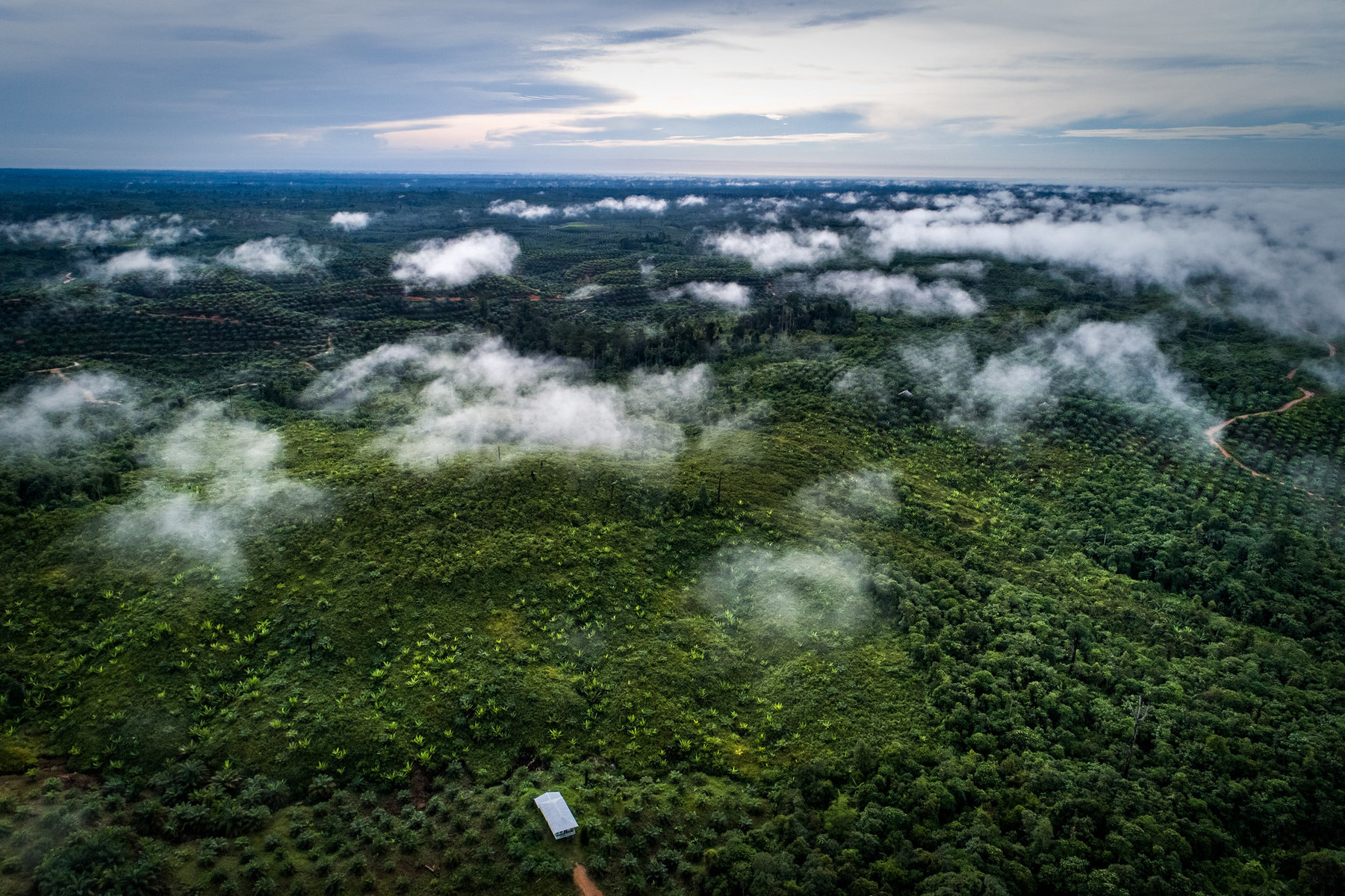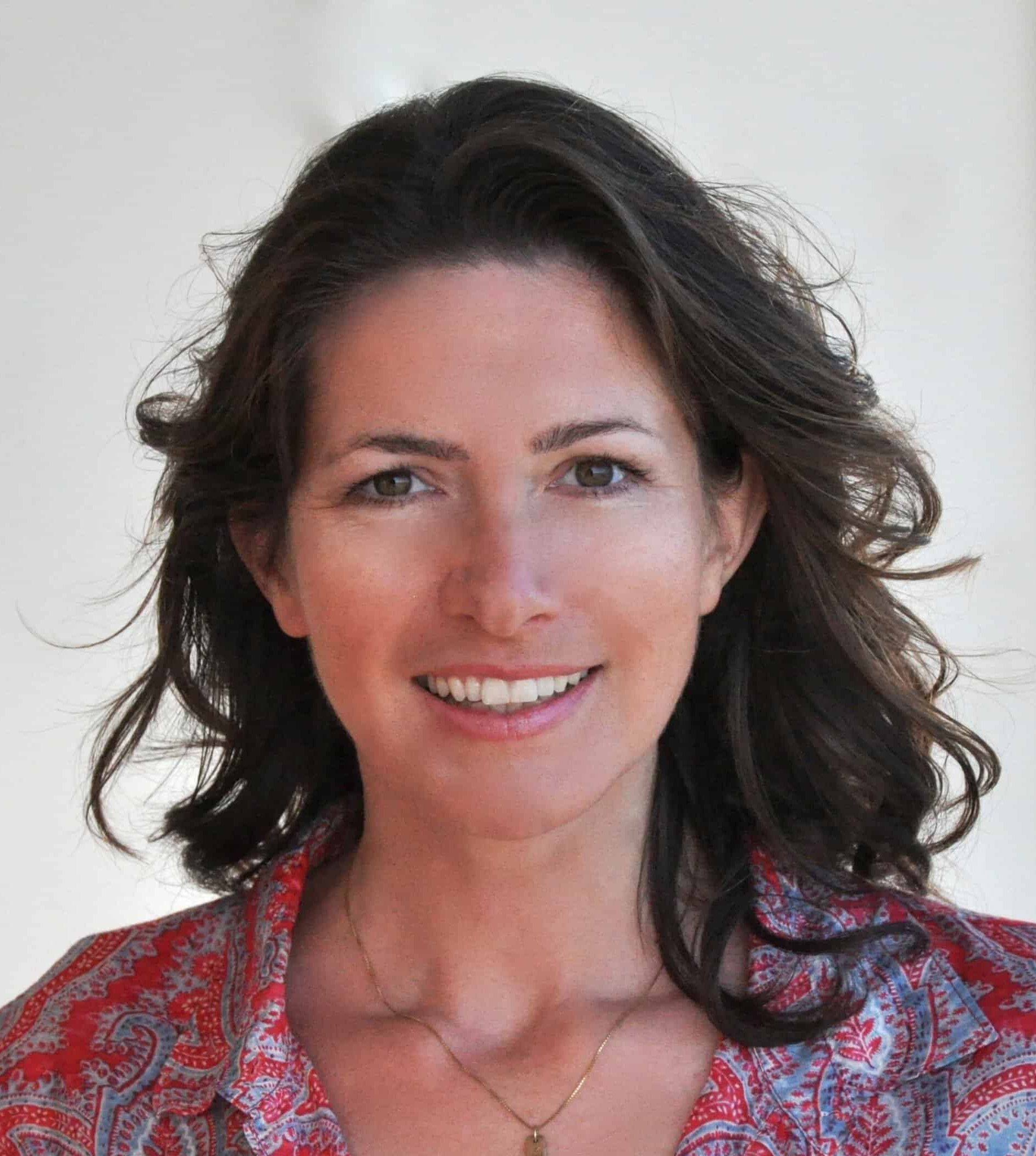Welcome back to our weekly behind-the-scenes glimpse at what’s getting our team talking. Let us know what you think at [email protected].
Game on
Big sporting events are fun, but they can be carbon-intensive. That’s especially true of events that people flock to from far and wide. According to a Clean Energy Wire story that Contributing Editor Peter Yeung shared this week, when Germany hosts the UEFA (Union of European Football Associations) Euro 2024 championship in June, transportation is expected to account for roughly 80 percent of the tournament’s carbon footprint. That’s why Germany is going out of its way to make the championship as sustainable as possible by subsidizing rail passes, minimizing floodlighting and more.
Peter says:
Veggie bratwurst, train travel and reused confetti: low-carbon plans for the upcoming European football championship. Reminds me of Michaela’s past story on the UK’s Forest Green Rovers team.
A perennial problem
Palm oil is used in a vast array of products, from lipstick to toothpaste, soap to instant noodles. And according to a new analysis, it contributes more to tropical deforestation than anything else that Americans consume. But progress is being made — as a New York Times climate newsletter that Contributing Editor Michaela Haas shared this week explains — both in countries in the tropics that produce palm oil and in nations that import it.


This story about palm oil isn’t exactly a solutions story but it does point out several solutions that are in the works. Ever since I wrote about that small Bavarian baker who found a better alternative to palm oil — making yeast oil out of discarded bread — I’ve followed the news about the topic because we all have palm oil products in our cupboards.
What else we’re reading
🥪 Free lunches, brain breaks and happy teachers: why Estonia has the best schools in Europe — shared by RTBC Founder David Byrne from The Guardian
🦫 Yes, beavers can help stop wildfires. And more places in California are embracing them — shared by Editorial Director Rebecca Worby from the Los Angeles Times
🖱️ Reddit’s I.P.O. Is a Content Moderation Success Story — shared by David Byrne from the New York Times
From our readers…
Reader Camilla Hughes from Tasmania, Australia sent over an ABC News story about an unlikely partnership — between dairy farmers and seaweed farmers. The idea? Cows eat a seaweed supplement. They burp less, emitting less carbon. The result? A more climate-friendly milk, nothing fishy about it.












